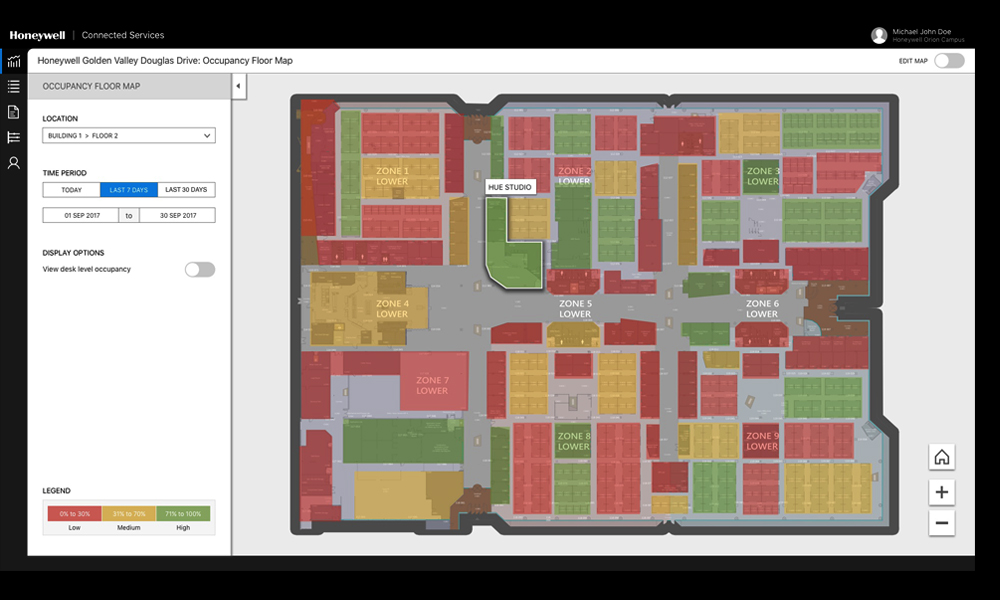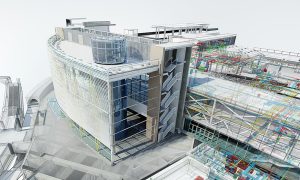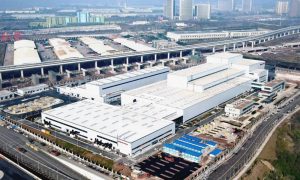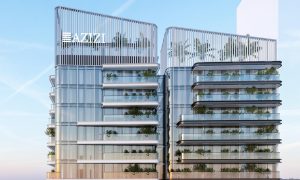Honeywell introduces new space usage optimisation software for buildings
Vector Space Sense connects organisations to actionable insights for better-informed space utilisation decisions

Honeywell has introduced a new software solution in the Middle East that shows where, when and how building spaces are used at any given point in time, enabling building operations teams to make better-informed real estate and space usage decisions to optimise costs and promote better building experiences for occupants.
Introducing Honeywell’s Vector Space Sense in the region, Vimal Kapur, president and CEO, Honeywell Building Technologies, said: “From higher levels of employee productivity to healthier environments that help drive cost savings, Connected Buildings have real benefits for owners, operators and occupants. Honeywell Vector Space Sense is the latest example of how Honeywell is using cutting-edge technology to enable smarter, data-driven buildings that work for their organisations.”
According to Honeywell, recent studies indicate most offices around the world are underutilised by as much as half of their actual capacity due to factors such as shifting work schedules, mobile technology usage and changing business needs. However, many facility managers lack the comprehensive insights required to take action to address these usage issues. This can lead to overpaying for unused space, wasted energy usage, off-temperature spaces and other inefficiencies that negatively impact an organisation’s bottom line.
Honeywell Vector Space Sense helps address this issue by gathering and analysing data from multiple sources throughout a building to deliver actionable insights that help personnel better utilise, optimise and prioritise building spaces.
The company said that with its new software, facilities teams can view these insights through detailed, information-rich dashboards and reports, incorporating visualisation methods like maps, usage profiles, overall trends and other metrics to show where, when, and how space is used, along with opportunities to optimise usage and help reduce costs. For example, organisations can gain the necessary insights to repurpose unused spaces for more productive uses, make better-informed decisions about future space investments or divestments, and better align building equipment schedules with actual usage patterns.
Backed by a cloud-based infrastructure, Honeywell Vector Space Sense follows a three-step process that starts with gathering space utilisation data from multiple sources such as smart lights, Bluetooth beacons, mobile apps, and other sensor-connected devices and equipment. The solution then applies analytics to the collected data, using customised algorithms and space utilisation models to deliver actionable insights— the third and final step.
Cunyet Comez, digital services director for Honeywell Building Solutions, High Growth Regions, said: “With regional governments heavily focused on driving energy efficiency, smarter buildings are now becoming a reality, as facility managers and building operators become increasingly aware of the need to make buildings more efficient, safe and productive.
“Expenses associated with unused building spaces often go unnoticed, simply because it’s so difficult to get an accurate, moment-by-moment view into how building spaces are used, or if they’re being used at all. Honeywell Vector Space Sense takes the mystery out of space usage through real-time, IoT-enabled insights that give organisations the real picture of where and how people are using spaces, so they can get the most out of their buildings. Key real estate stakeholders are then able to make better informed decisions to further enhance a building’s infrastructure and improve the building occupant’s overall experience.”
Honeywell said its Vector Space Sense is part of its Connected Services portfolio, which includes other technologies such as the Honeywell Vector Occupant App that leverage the connectivity of buildings to improve how they operate and the experiences they offer for those who visit and work within them.

























